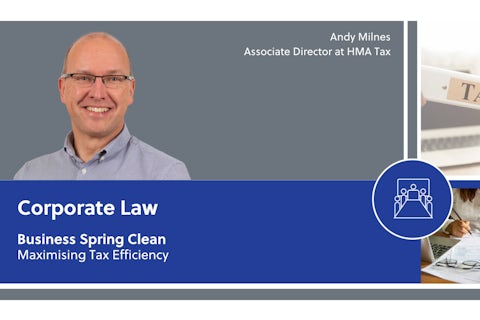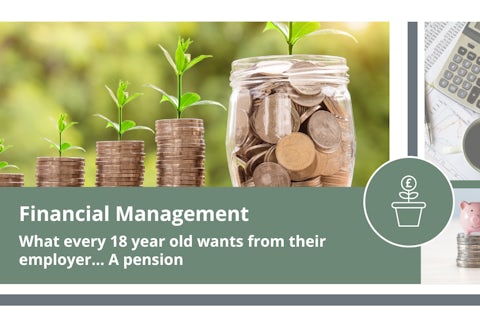What does the new government mean for your money?
Boris Johnson began the new parliamentary term last week with an 80-strong majority behind him, promising to leave the EU and hold a Budget within 100 days. If Chancellor Sajid Javid gives the Office for Budget Responsibility (OBR) its usual ten weeks’ notice to prepare an Economic and Financial Outlook, that suggests a Budget at the end of February, possibly 26th.
So, what can taxpayers expect, given that the Conservative Party manifesto was pretty thin? The new government should ensure some kind of tax cut for some 32 million workers across the UK, even as it raises spending after years of austerity.1
However, recent data showed that the public finances are less healthy than previously anticipated. The OBR forecast government borrowing to be £20 billion higher than previously expected in each year to 2023-24.2
That may limit the government’s scope to spend and cut taxes. The prime minister abandoned his former pledges to cut taxes in favour of a programme of public investment. That suggests that, if the government is forced to choose between helping taxpayers and boosting investment, it may yet favour the latter. Tax giveaways are likely to be in short supply.
So, what are the key takeaways for you and your family?
- NATIONAL INSURANCE. The threshold will rise from £8,632 today to £9,500 in 2020 and ultimately to £12,500.
- TAX FREEZE. The manifesto pledged not to raise the rates of Income Tax, National Insurance or VAT.
- INHERITANCE TAX. The Conservative manifesto did not include a promise to abolish IHT, as some had hoped, but the party has pledged it will not increase.
- CARE. The manifesto guaranteed that nobody will have to sell their home to pay for care.
- HOUSING. The party has pledged to introduce Lifetime Mortgages (i.e. with permanently fixed rates), specifically aiding first-time buyers; a First Home programme (offering a 30% discount to those buying their first home in their local area); and a Lifetime Rental Deposit scheme (enabling rental deposits to be transferred when the renter moves home).
- SMALL BUSINESS. The government plans to increase the Employment Allowance for small businesses, but has also scheduled a review and reform of Entrepreneur’s Relief.
- PENSIONS. The triple lock remains in place, meaning the State Pension will continue to rise, but significant reforms remain possible on tax relief; the Annual Allowance taper has been identified as a reform priority by the new government. However, the claim that reform will only apply to NHS workers has already been widely questioned; it may yet be that reform is rolled out far more widely.
There may be policy changes ahead of the February Budget and there is, of course, the small matter of the UK formally leaving the EU by 31 January to get through first, with all the potential short-term implications that could have for sterling, stocks and market sentiment.
In the meantime, it is well worth using your available tax allowances while you have them, if it is appropriate to do so. It’s also worth remembering that tax-saving opportunities today are often worth a good deal more than government pledges about tomorrow.
The levels and bases of taxation, and reliefs from taxation, can change at any time. Tax relief is dependent on individual circumstances.
1 Source: https://fullfact.org/economy/income-tax-being-cut-32-million-people/
2 Source: https://obr.uk/restated-march-2019-forecast/
The information and opinions contained in this blog are for information only. They are not intended to constitute advice and should not be relied upon or considered as a replacement for advice. Before acting on any of the information contained in this blog, please seek specific advice from Gilson Gray Financial Management.







